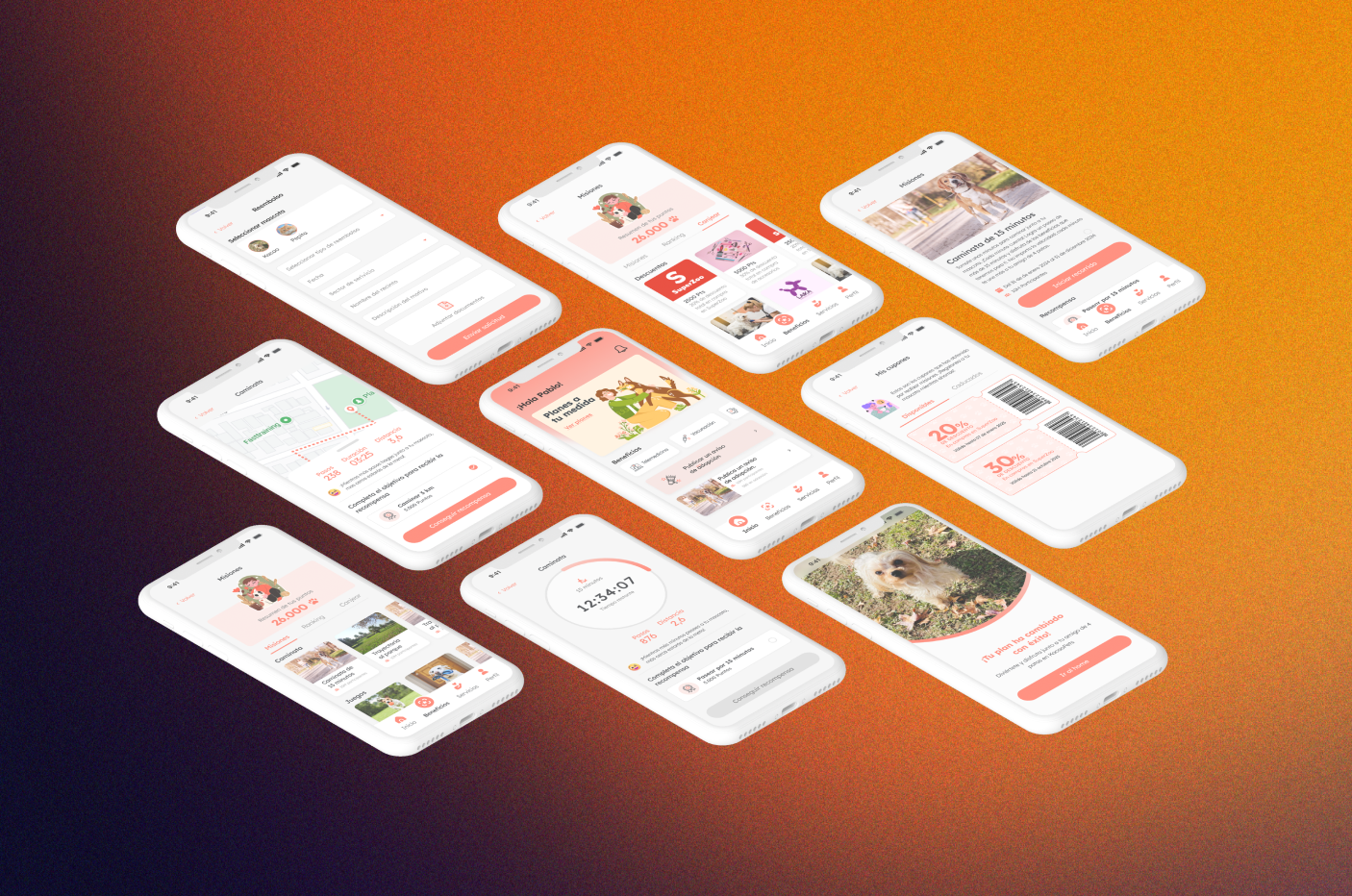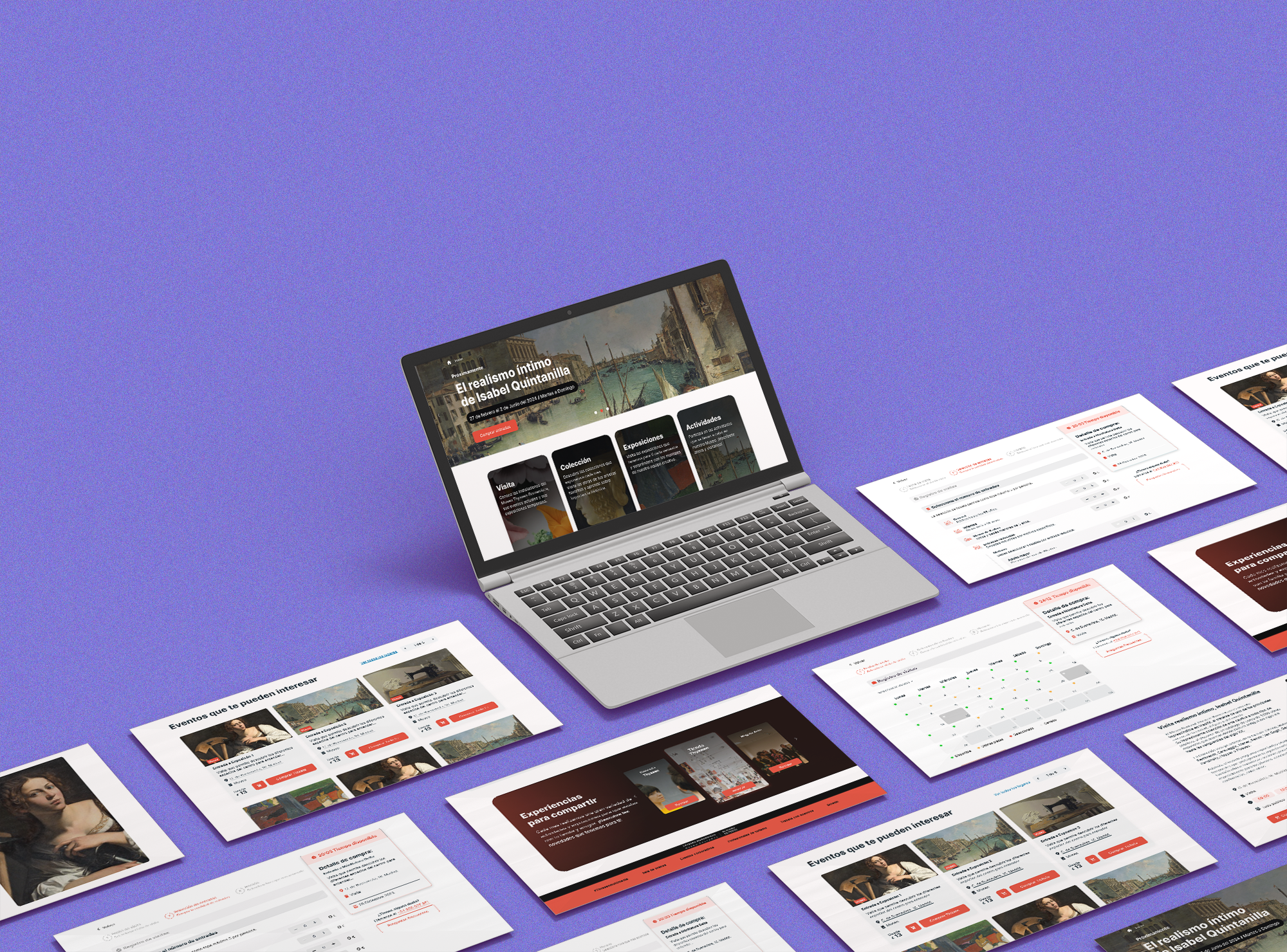Share this article
They may never love it, but what is possible is to show them how technology can help them connect, collaborate, and succeed. In other words, it is possible for teams to love technology in the company.
Digital applications in the workplace offer exciting innovations designed to make work life easier and more productive. Why, then, do your employees struggle to adapt to it and make it part of their processes? Furthermore, why do they often receive it with a grimace?

It is possible to make teams love technology in the company.
Digital workplaces are designed to facilitate new ways of working and provide people with the digital skills they need to drive business goals like digital transformation. The problem is that very few understand or share the vision of the leaders developing the applications,” says Matt Cain, VP of Gartner Analysis.
The IT challenge is clear: if you want your employees to embrace the digital focus, you have to leave behind outdated views on technology in the workplace and actively engage with all areas to listen to their concerns and show them the tangible benefits of these changes.
What is the “digital workplace”?
It encompasses the entire portfolio of applications, devices, facilities, and services that enhance digital skills and empower new ways of working, contributing to teams’ experience and engagement.
Gartner defines digital dexterity as a professional’s ability and ambition to make the most of existing and emerging technologies to drive their goals. Therefore, what is needed are effective strategies to develop an engaging and intuitive work environment that enhances digital dexterity.
These are the three most common myths that prevent the IT team from “winning over” or gaining the collaboration of employees regarding the use of technology:
Myth #1: Technology adoption will occur without a cultural change
The pandemic forced the widespread adoption of remote work, but one should not mistake all that technology use for a sudden embrace of the digital workplace. In reality, many continue to operate and make decisions in the same way they did when everyone was in the office.
Solution:
- Create a culture where leaders celebrate and promote the advantages of technology and make clear the connection with career advancement.
- Develop a narrative of “our way of working” that helps determine which applications to use and when, along with the expected competencies.
- Seek internal ambassadors, individuals who, regardless of their hierarchy, promote the cultural changes and best practices you are seeking.
- Leverage the benefits of remote work to change processes and bring new ways of being productive to life.
Myth #2: Collaboration occurs when people work together at the same time
It is not necessary to be in the same physical location to work efficiently. Gartner research shows that asynchronous modes of collaboration are equally, if not more, important for achieving high team innovation, especially in a hybrid world where work schedules are more interconnected.
Solution:
- Ensure easy and equitable access to your new way of working.
- Accelerate transparency and accountability at work using management applications that allow visualization and optimization of interactions between collaborators.
- Allow teams to experiment with new styles, grow communities, and strengthen bonds through tools that foster engagement and connection.
Myth #3: Today, anyone can create an app or software, making technology “unsafe”
Using the corporate environment to create new applications that make processes more efficient is not a risk; it is a demonstration of proactivity and a motivation to improve and advance.
Solution:
- Take the work of any developer seriously, helping them develop their skills securely with access to training, data, and other resources they may need.
- Collaborate with business unit leaders to redesign and redefine technology delivery models and associated responsibilities.
- Provide a space where innate developers can share their knowledge and the solutions they have created to make them more productive.














